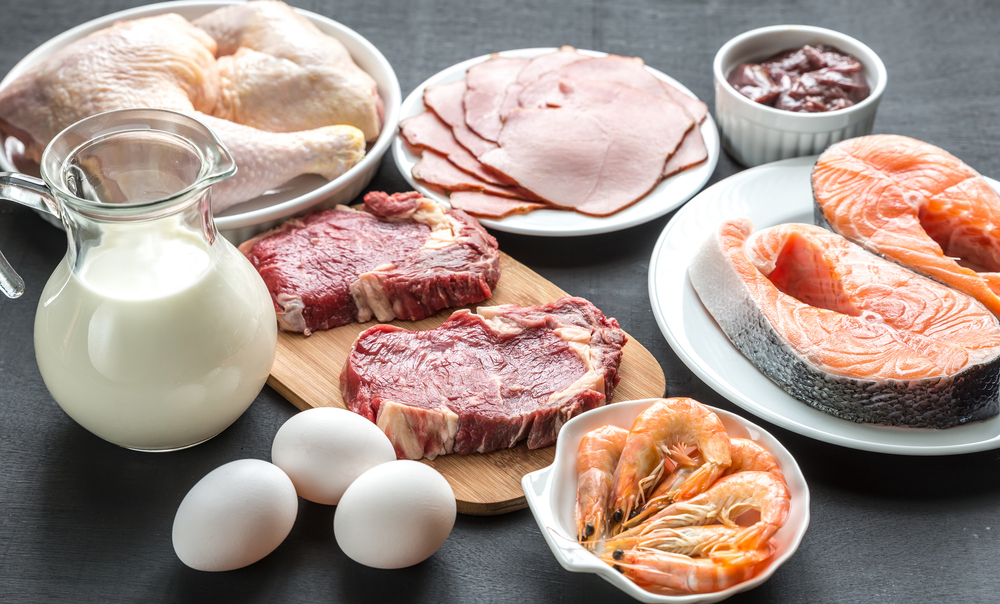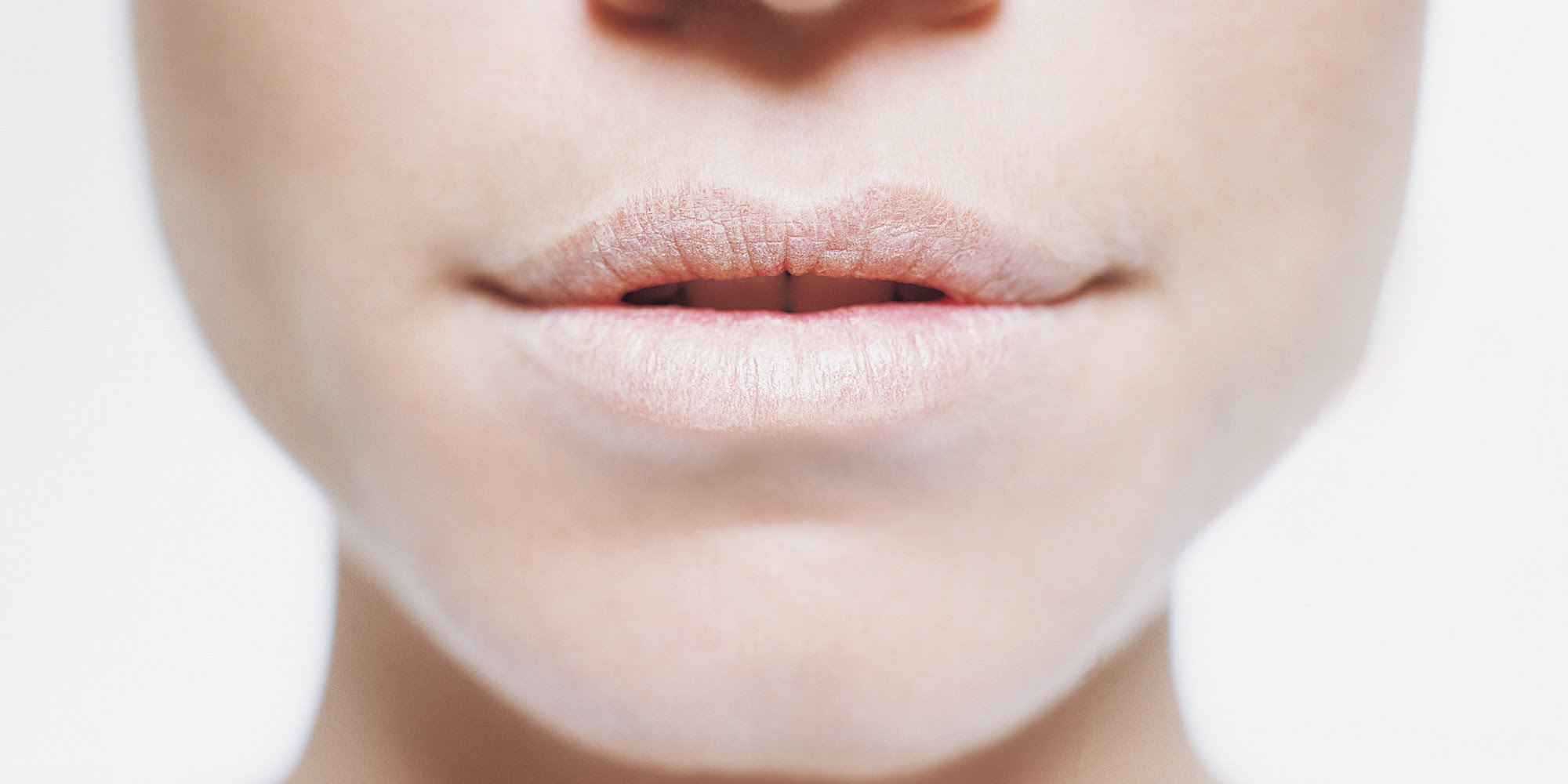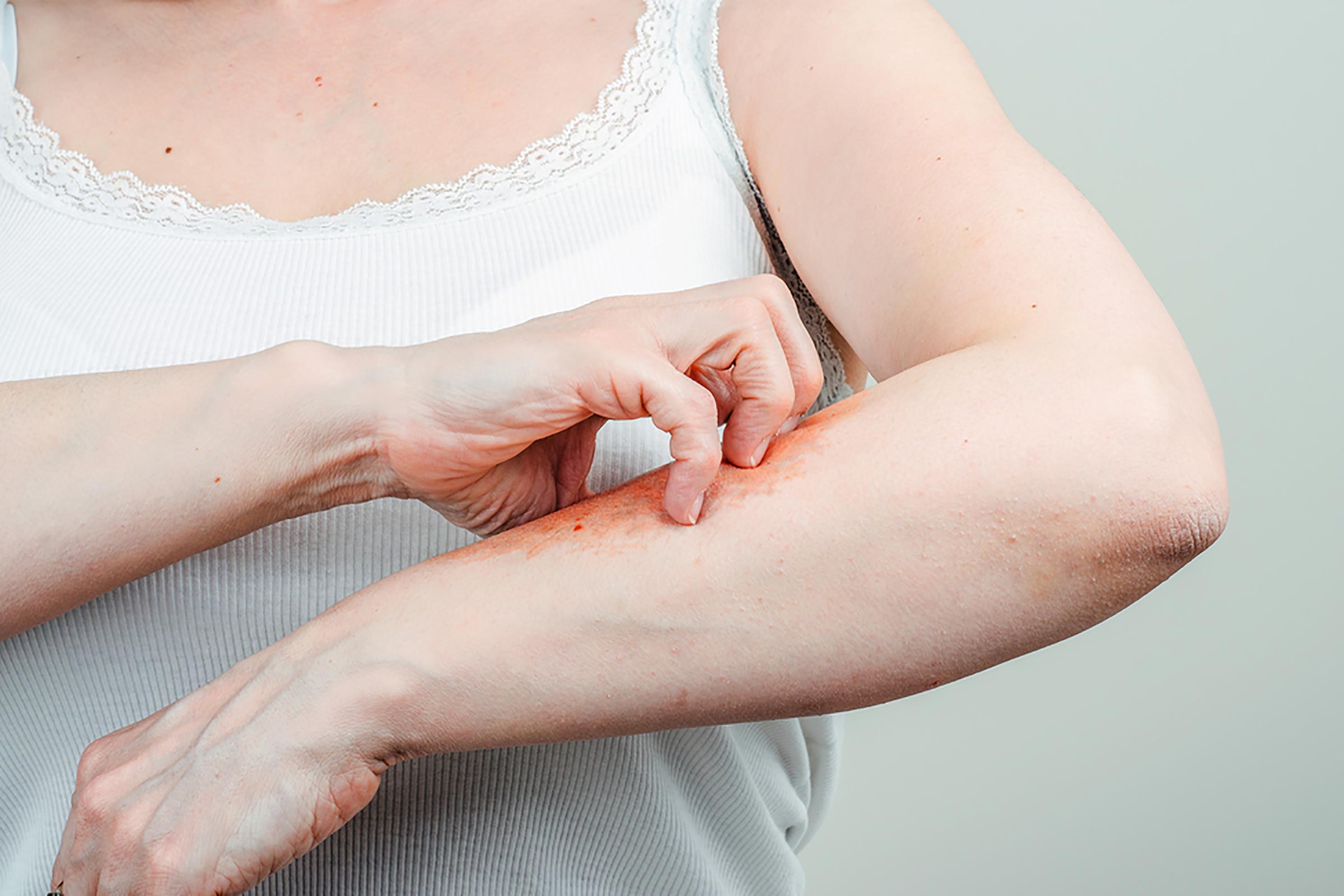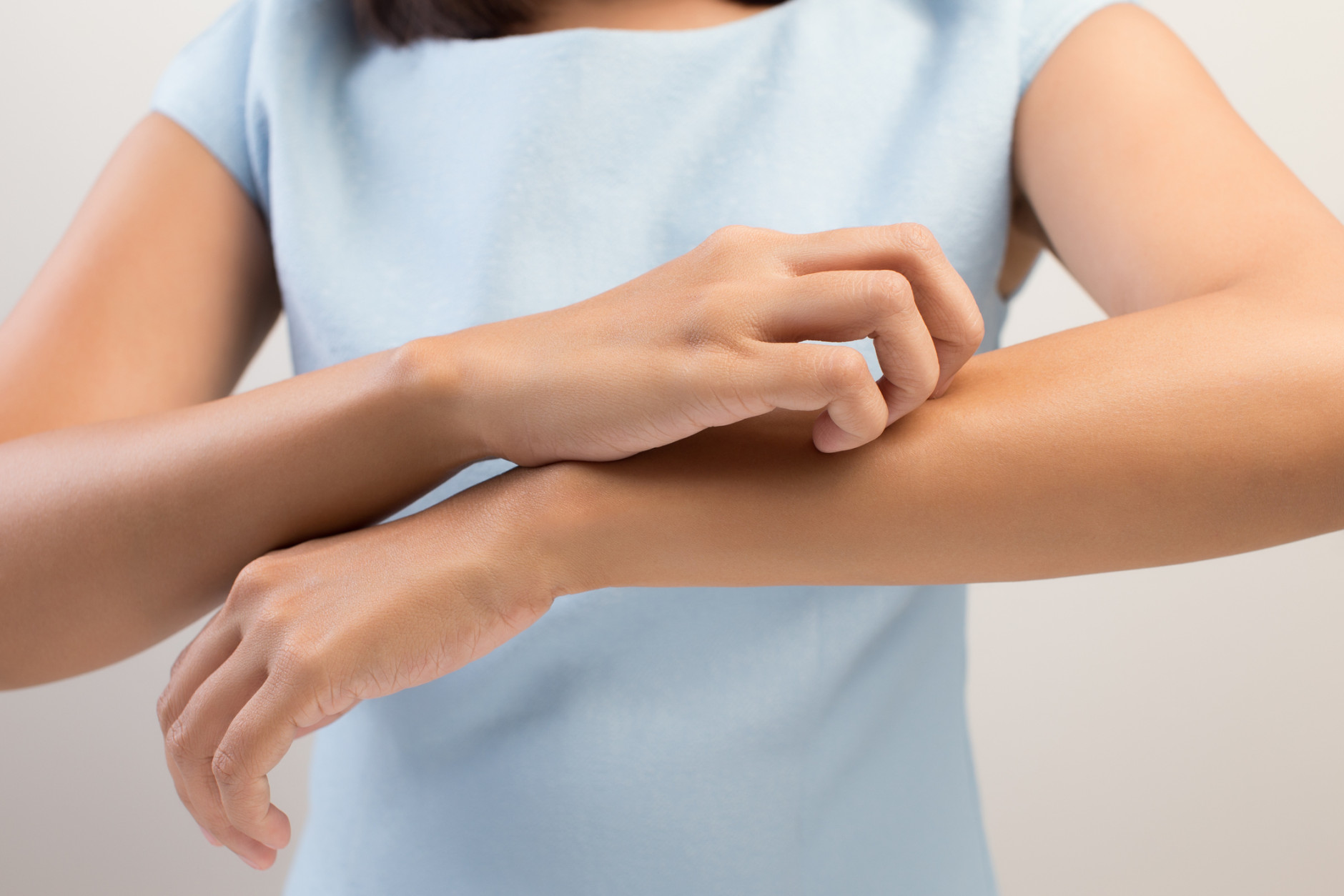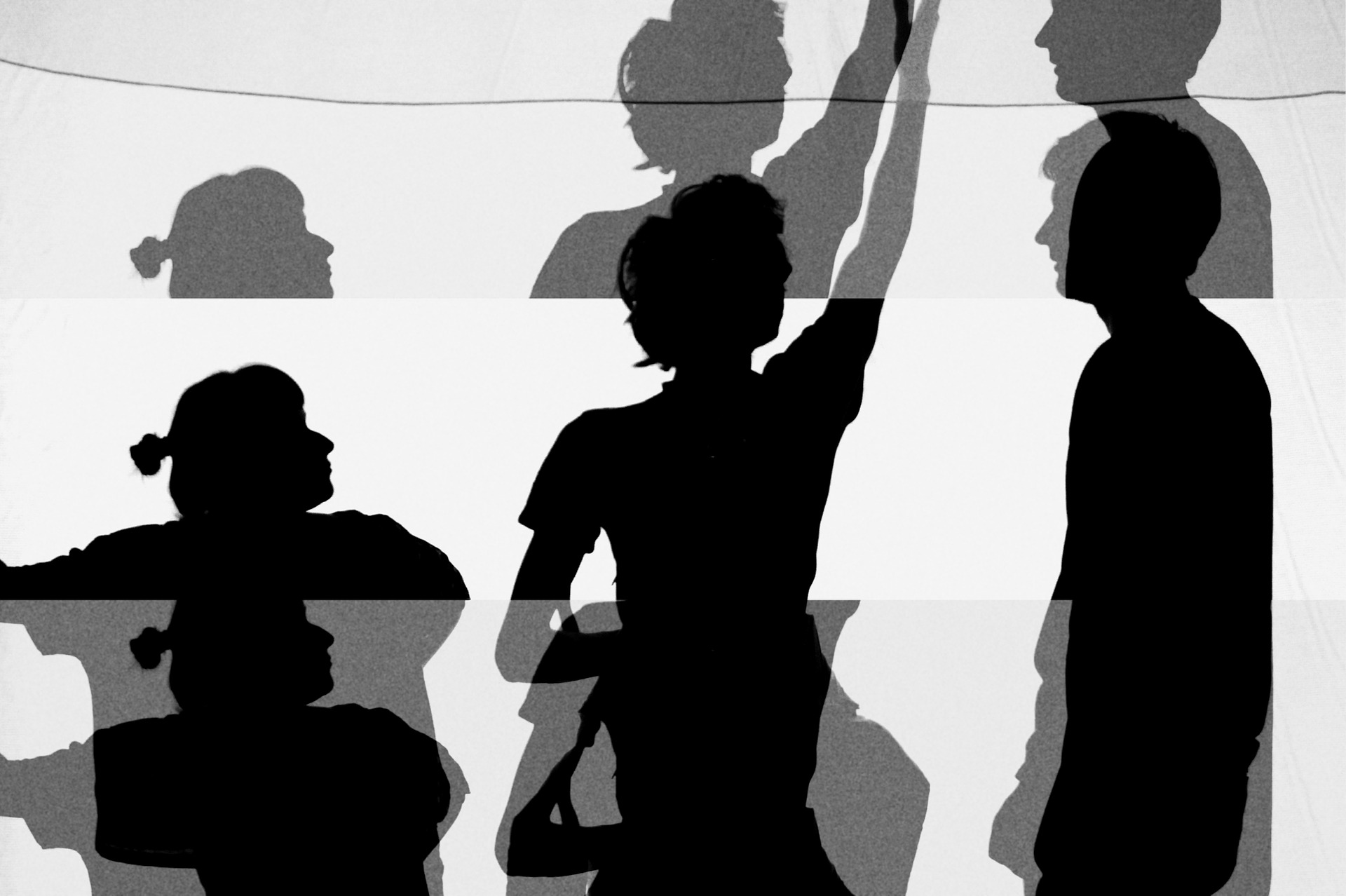Contents:
- Medical Video: Functions of Proteins in Living Organisms with Examples
- 1. Hormone protein
- 2. Enzyme proteins
- 3. Structural proteins
- 4. Protein antibodies
- 5. Protein transport
- 6. Binding proteins
- 7. Drive protein
Medical Video: Functions of Proteins in Living Organisms with Examples
Proteins are complex molecules that help the body perform its functions optimally. Protein can be found in several types of foods such as beef, chicken, beans, eggs, fish, and shrimp. Well, protein will be broken down first in the body into its smallest structure, amino acids, which can only be absorbed by the body. Every type of protein in the body gives certain functions, you know. Already know what types of protein in the body? Check out the review below.
1. Hormone protein
One type of protein is what functions as a hormone-forming basic chemical. This hormone acts as a chemical messenger that delivers messages through the bloodstream. Each of these hormones will affect one particular cell in the body known as the target cell.
For example, a body organ called the pancreas produces the hormone insulin. This insulin hormone is produced in response to blood sugar levels (for example, eating). The insulin hormone will be released by a special pancreas to bind the sugar in the blood to the target cell. So that in the blood does not accumulate sugar.
2. Enzyme proteins
Other types of proteins in the body serve as forming enzymes. Enzymes function to support the occurrence of chemical reactions in the body.
For example in the body all sources of nutrients ranging from carbohydrates, proteins, and fats must be converted into a simpler form so that they can be absorbed. Now, to change all that requires some complicated chemical reactions in the body. The chemical reaction will run smoothly if there are enzymes in the body.
3. Structural proteins
The biggest type of protein is structural protein. Structural protein serves as an important component that builds body construction from the cellular level.
Examples of the most common structural proteins are collagen and keratin. Keratin type protein is a strong and fibrous protein that can form the structure of the skin, nails, hair, and teeth. Meanwhile, structural proteins in the form of collagen function as forming tendons, bones, muscles, cartilage, and also the skin.
4. Protein antibodies
Defensive protein is a protein that functions to protect the body from the presence of foreign substances or foreign organisms that enter the body. Protein acts as a component that forms antibodies in the body.
With the fulfillment of protein requirements, the formation of antibodies will also be more optimal and more protective. So, the body can defend itself from disease.
5. Protein transport
Protein in the body also functions as an introduction to molecules and nutrients in the body into and out of cells. An example is hemoglobin. Hemoglobin is a protein that forms red blood cells.
Hemoglobin will bind oxygen and deliver it to tissues that need oxygen from the lungs. Another example of a transport protein is serum albumin, which is responsible for delivering fat to the bloodstream.
6. Binding proteins
The binding protein has a function to bind nutrients and molecules to be used later. An example is an iron binder. The body stores iron in the body with ferritin. This ferritin is a protein in charge of iron binders. When iron is needed again to form red blood cells, iron in ferritin will be released.
7. Drive protein
The driving protein regulates the strength and speed of the heart moving, and also the muscles when contracting. When the body moves, there will be muscle contraction, when this contraction the role of the driving protein is needed.
For example, you bend your legs, this will involve your muscle fibers moving. When these muscle fibers move, there is actually a chemical reaction that runs very fast.
The body changes ATP or a form of chemical energy that becomes used in the body to produce mechanical changes. This process of converting chemical energy into mechanical changes involves the activating proteins namely actin and myosin in muscle fibers. The mechanical change is the position of your feet which eventually changes to bend previously straight.

